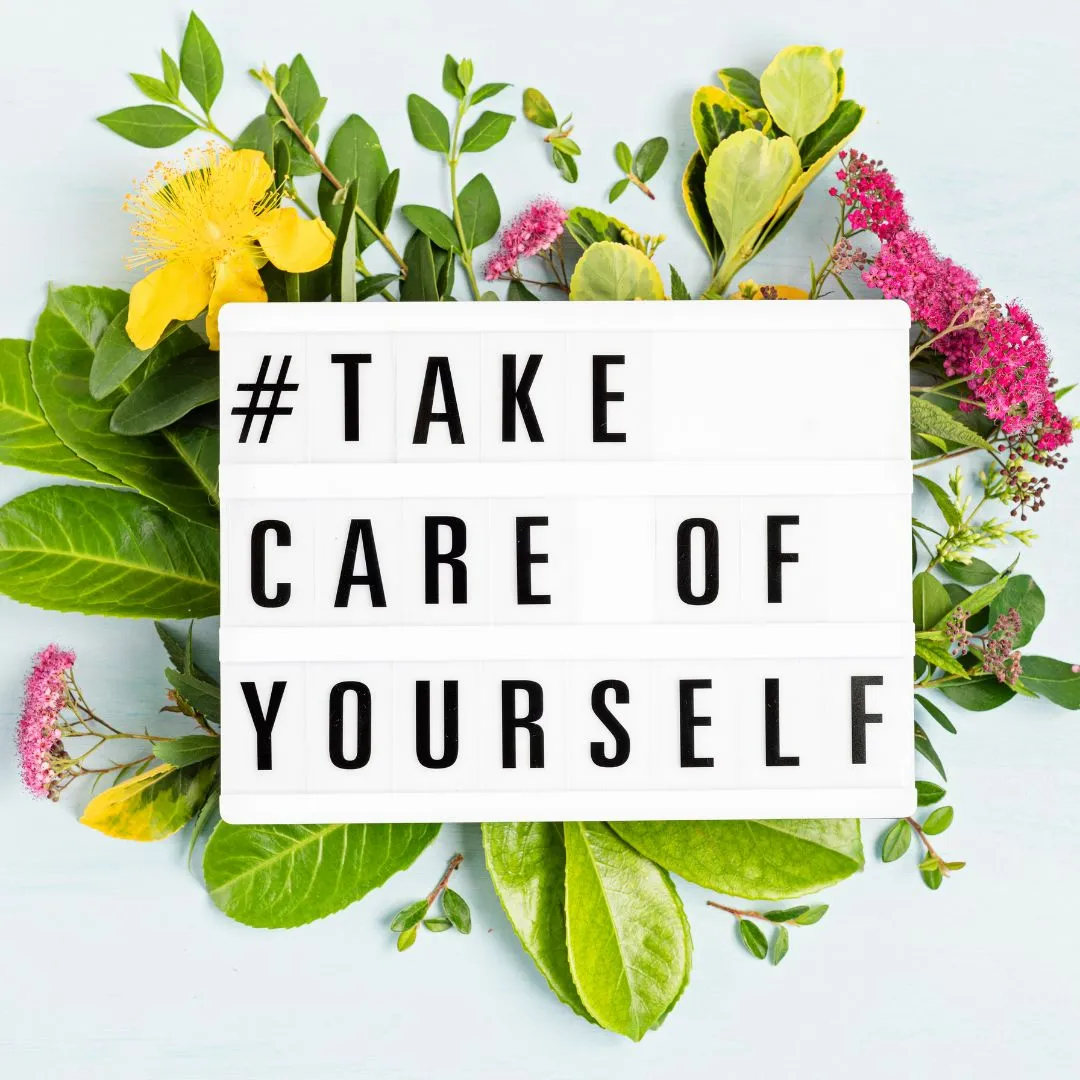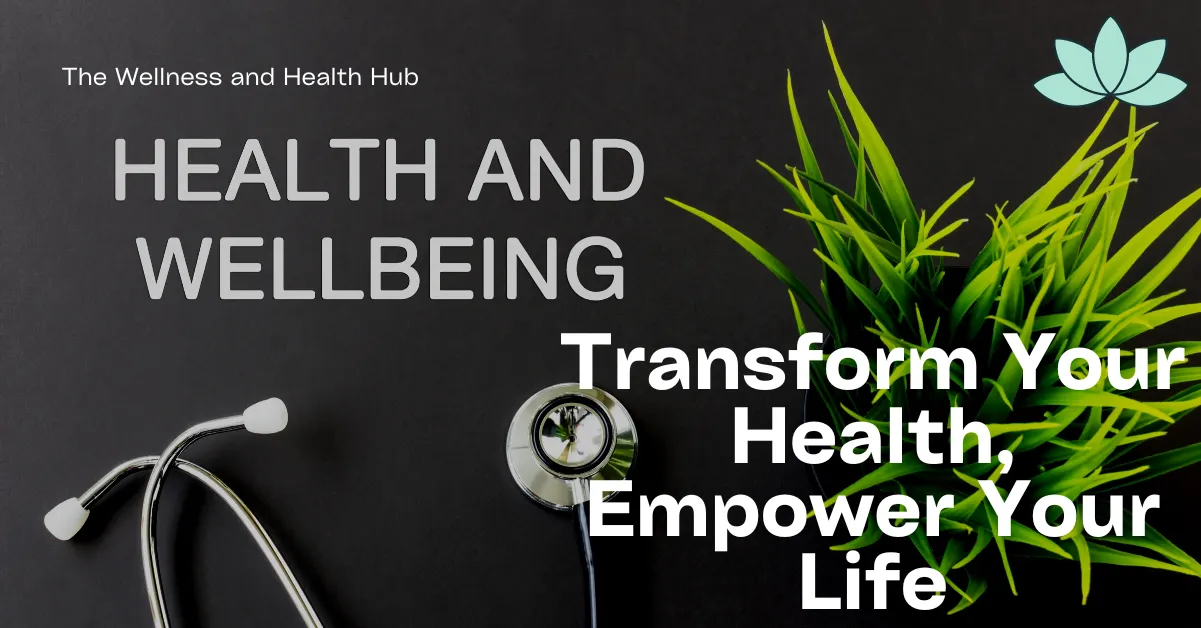Wellness and Health, Homepage Here you can find resources related to food, health, and wellness topics. We offer recipes, tips for healthy eating, helpful guides for improving your overall wellness, and interesting articles about the latest in nutrition research.
Whether you’re striving for a healthier lifestyle or looking for delicious meal inspiration we have something for everyone. Thanks for visiting!
What is Wellness Health?
Wellness health refers to a holistic approach to overall well-being that encompasses physical, mental, and emotional health. It goes beyond the absence of illness and focuses on achieving optimal health and vitality in all aspects of life. Wellness health emphasizes the importance of proactive self-care, self-awareness, and making conscious choices to promote a balanced and fulfilling life.
A key aspect of wellness health is maintaining a healthy lifestyle through practices such as regular exercise, nutritious eating, sufficient sleep, and stress management. It involves taking care of one’s physical body, engaging in activities that promote mental and emotional well-being, and cultivating healthy relationships and social connections.
Wellness health also recognizes the interconnectedness of various aspects of life and encourages individuals to strive for a harmonious balance in their personal and professional lives. It encompasses finding purpose and meaning, pursuing personal growth and development, and engaging in activities that bring joy and fulfillment.
Overall, wellness health is a proactive and empowering approach to health and well-being that focuses on the whole person. It emphasizes self-care, self-awareness, and the pursuit of a balanced and fulfilling life in order to achieve optimal health and vitality.
Key Elements of Wellness Health
Wellness health encompasses various aspects of well-being, focusing on the integration of physical, mental, and emotional health. Here are the key elements that contribute to a holistic approach to wellness:
1. Physical Well-being
- Regular exercise to keep the body active and fit
- Proper nutrition and a balanced diet to support overall health
- Adequate sleep for rest and rejuvenation
- Avoidance of harmful habits such as smoking and excessive alcohol consumption
2. Mental and Emotional Well-being
- Stress management techniques to promote mental resilience
- Engagement in activities that foster relaxation and mindfulness
- Seeking support from others and nurturing social connections
- Building emotional intelligence and coping skills
3. Social Well-being
- Cultivating meaningful relationships and social connections
- Participating in social activities and community engagement
- Having a support system to lean on during challenging times
- Practicing empathy, compassion, and active listening
4. Spiritual Well-being
- Connecting with personal values and beliefs
- Finding Meaning and purpose in Life
- Engaging in practices that promote inner peace and harmony
- Exploring Spirituality and self-reflection
5. Environmental Well-being
- Caring for the environment and practicing sustainability
- Creating a healthy living environment free from toxins
- Minimizing exposure to pollutants and harmful substances
- Appreciating and connecting with nature
Embracing these key elements of wellness health can contribute to a balanced and fulfilling life, promoting overall well-being in multiple dimensions.
Exploring the Intricate Connection between the Body and Mind
The connection between the body and mind is a complex and intricate relationship that has been recognized for centuries. The mind-body connection suggests that our thoughts, emotions, and mental state can significantly influence our physical health, and conversely, our physical well-being can impact our mental and emotional state. Here’s an exploration of why and how the body and mind are connected:
Why are the Body and Mind Connected?
Biopsychosocial Model: The biopsychosocial model recognizes that health and illness are influenced by biological, psychological, and social factors. It acknowledges that our mental and emotional state can affect our physical health and vice versa.
Neurochemical Interactions: The brain and the body communicate through a network of chemicals and hormones. Neurotransmitters and hormones released in response to emotional or mental states can impact various bodily functions, including heart rate, immune response, digestion, and sleep patterns.
Stress Response: The body’s stress response, triggered by mental or emotional stressors, can have physiological effects. Chronic stress, for example, can lead to increased blood pressure, weakened immune function, and digestive issues.
How are the Body and Mind Connected?
Psychosomatic Effects: The mind can influence physical symptoms and conditions. Stress, anxiety, and depression can manifest as physical symptoms, such as headaches, muscle tension, digestive disorders, and fatigue.
Placebo and Nocebo Effects: The power of belief and expectation can impact physical health. The placebo effect demonstrates that a person’s belief in a treatment’s effectiveness can lead to actual physiological improvements. Conversely, the nocebo effect occurs when negative expectations result in adverse physical reactions.
Lifestyle Factors: Lifestyle choices influenced by the mind, such as diet, exercise, sleep habits, and substance use, can significantly impact physical health outcomes.
Mind-Body Interventions: Practices like meditation, yoga, and relaxation techniques promote relaxation and stress reduction, leading to positive physiological changes, including lower blood pressure, reduced inflammation, and improved immune function.
Understanding the connection between the body and mind highlights the importance of taking a holistic approach to health. Nurturing both physical and mental well-being through practices like regular exercise, stress management, healthy nutrition, and self-care can promote overall health and balance.

